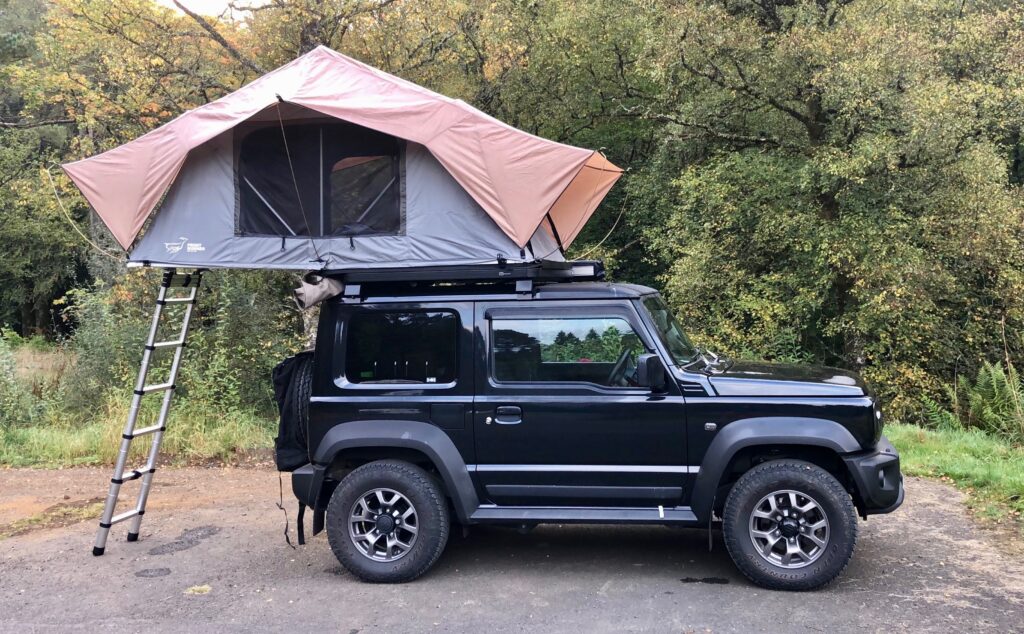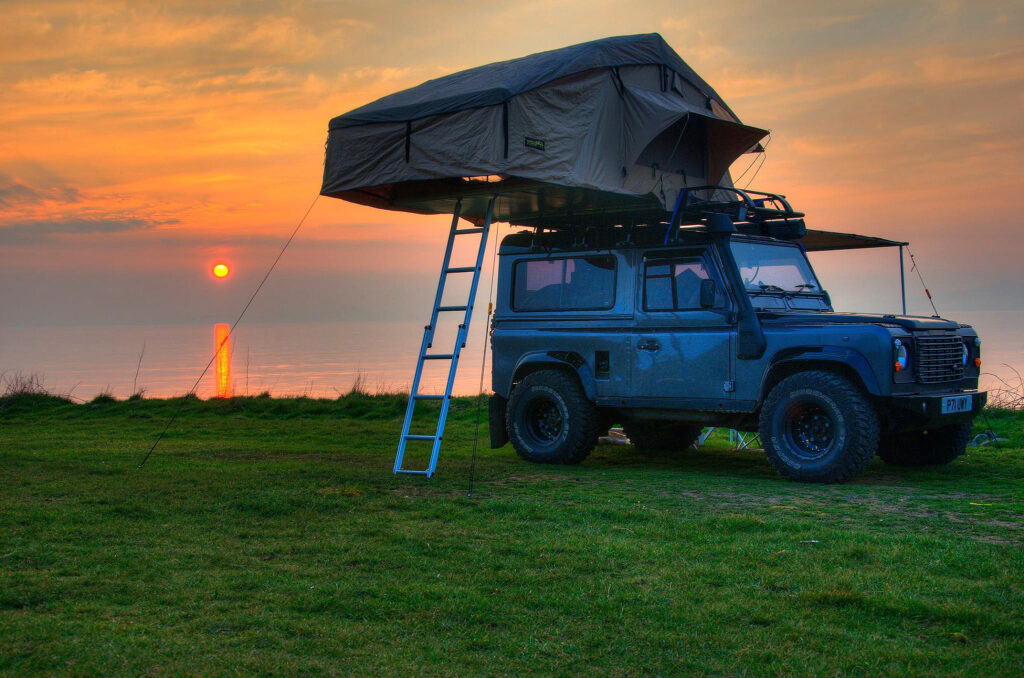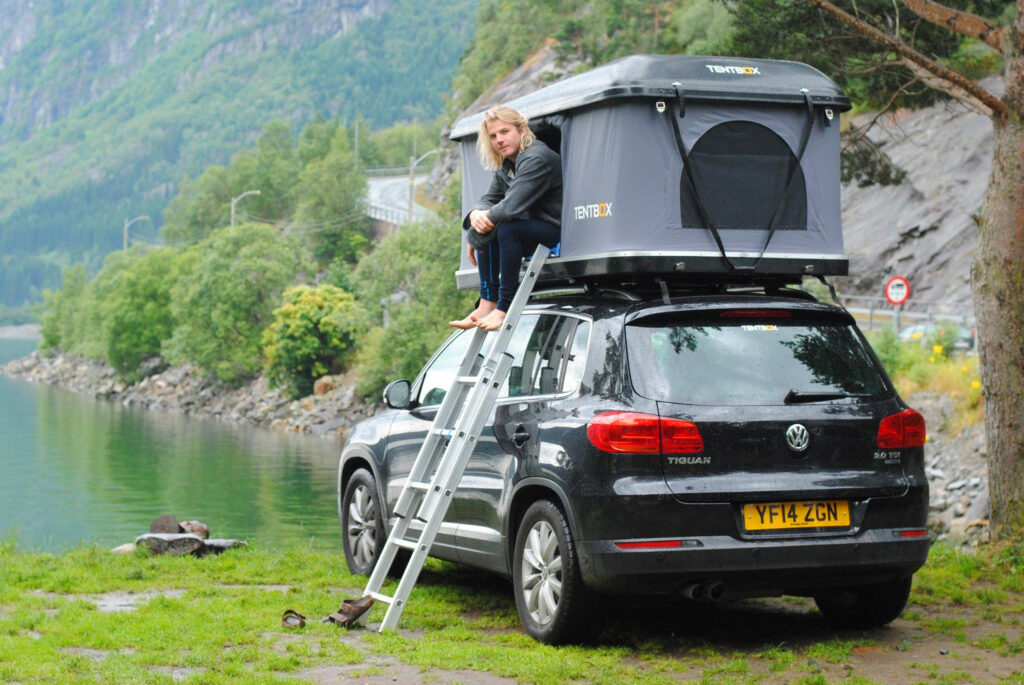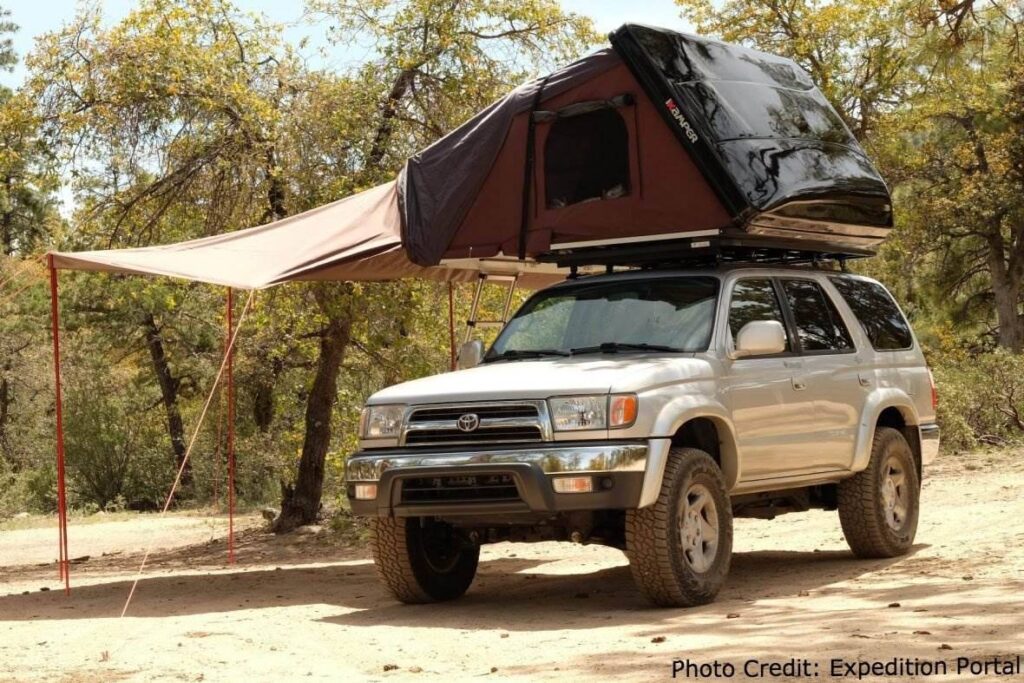Rooftop tents are becoming a staple for campers for valid reasons. These tents provide a much-needed high ground to comfortably spend the days and nights away from the nagging critters.
Moreover, they appear like they’re the new style in camping that everyone’s going head over heels for. However, while these tents can accommodate virtually anyone, can you use a rooftop tent if you’re overweight?
This article helps you find that out and offers a few rooftop tent bonus samples you can try in your next expedition.
Here is the quick answer to the question of whether you can use a rooftop tent if you are overweight:
Yes, you can also use a rooftop tent if you are overweight. Make sure to buy a high-quality rooftop tent, which is designed for three to four people. So you have enough space in the roof tent and the tent and the tent floor are also designed for the higher weight.
It is also essential that you check the roof load of your vehicle and install roof bars and crossbars that can withstand a higher weight.
You can find information on the permitted roof load of your vehicle in your vehicle’s car manual, or you can ask the vehicle manufacturer about the roof load.
Table of Contents
What Is the Weight Limit of Rooftop Tents?
Most rooftop tents hold a weight of between 400 and 950 pounds, that’s normally more than enough for a big guy. However, some have tinier weight capacity thresholds than others that can handle more massive weight. The type of materials used and manufacturer determine these capacities, and more hard-shell builds can take the upper weight limit without a problem. A rooftop tent with no sturdy aluminum honeycomb panel flooring is usually weak and can hardly hold weight.
Below are some of the sturdiest rooftop tents you can find if you need one that holds more weight. With these roof tents, even strong people can spend a relaxed camping trip on the vehicle roof!
Don’t be afraid! The weight of the rooftop tent and your weight are evenly distributed over the vehicle body. The weight that adds to the roof is transferred to the vehicle body via the roof bars. Modern vehicle bodies are designed to withstand extremely high loads!
Thule Tepui Ruggedized Autana 3

The Thule Tepui Ruggedized Autana 3 is one of the sturdiest rooftop ten capable of holding up to four people. Thanks to its diamond plate base, high-quality stitched fabric, and welded aluminum construction, we rate this tent as one of the more robust in its category.
Here is a quick overview of the data:
Occupancy: 4 person
Dimensions LxWxH: 122 x 56 x 52 inches
Static weight capacity: 600 lbs
The rooftop tent is also durable since moisture due to condensation never seeps in to cause corrosion, and much credit goes to its impermeable polyester material. Its pole material comprises sturdy aluminum; thanks to its expansive space, it’s incredibly comfortable.
Smittybilt Overlander XL Roof Top Tent
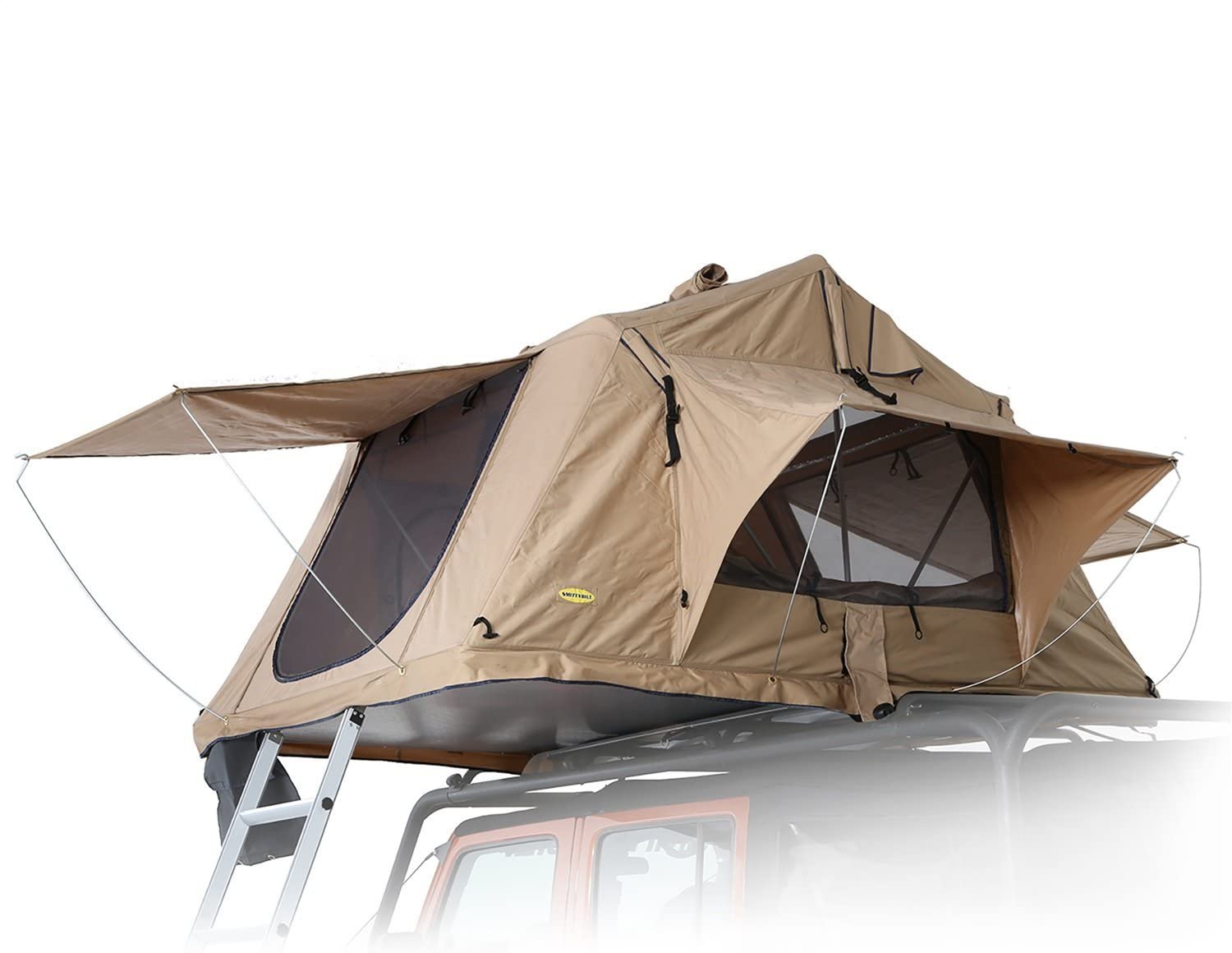
Like the Thule Tepui Ruggedized Autana 3, this tent has all the grace of a sturdier, more expansive, and aesthetically pleasing rooftop tent. This tent scores highly on its ability to hold the maximum possible weight since it can hold up to four people.
Here is a quick overview of the data:
Occupancy: 4 person
Dimensions LxWxH: 122 x 76 x 51 inches
Static weight capacity: 770 lbs
Moreover, it has robust stainless-steel hinges that hardly give in to pressure due to weight and features some anodized aluminum frame poles built for strength.
This rooftop tent can take up to 770 pounds and won’t compromise its structural integrity even in the long term. Moreover, its creators use unique waterproof cover material that locks moisture away, giving corrosion no chance to compromise the metal inclusions.
Thule Tepui Explorer Autana 3

This all-season camping rooftop tent also hypnotizes us with its incredible propensity to hold massive weight capacities like our two preferable options above, and rightly so.
Here is a quick overview of the data:
Occupancy: 3 person
Dimensions LxWxH: 122 x 56 x 52 inches
Static weight capacity: 600 lbs
Although it’s not as sturdy as the other two, it’s a masterpiece that lets you worry less about possible structural compromise due to its occupants’ weight. Thanks to its aluminum frame structure and sturdy mounting brackets, this freestanding tent is a take-along for three, rendering more comfortable nights and days out in the wild during hiking and camping.
An added advantage is that this rooftop tent has a unique, UV-resistant polyester cover, is spacious, and has lots of storage pockets for holding camping accessories and gear.
Should You Get a Rooftop Tent From a Premium Manufacturer If You’re Overweight?
Getting your rooftop tent from a premium manufacturer is always advisable if you’re overweight. High-quality rooftop tents hardly compromise on their value and functionality promise and contain more robust frames and materials that give them the capacity to handle heftier weights. Premium tent manufacturers usually keep functionality in mind and invest in more durable materials, including metals for rigidity and covers for durability.
Cheap and low-quality rooftop tents aren’t only able to handle heavier weights but spoil quickly. Putting sustained pressure for a long time strains the hinges and overwhelms the metal frames used to build it. Although these tents can seem worthy in the short term, they usually don’t serve you better as much as premium tents would.
What Is the Most Robust Rooftop Tent?
Thule Tepui Ruggedized Autana 3 is the sturdiest rooftop tent, with the capacity to hold up to four people comfortably. However, Ikamper Skycamp 2.0 rooftop tent gives this pick a run for its money, although it’s a bit short in other aspects. Thule Tepui Ruggedized Autana 3 rooftop tent has the an encase of neatly and strategically welded aluminum and uses high-quality fabric as a cover, making it a more durable pick. It also has a diamond plate base to hold massive weights like a breeze. However, this rooftop tent offers more than its capacity to handle heftier weights.

This tent also bags the looks and aesthetics, which add a cherry on its functionality. It also includes an anti-condensation mat that prevents moisture build-up and a fully wrapped internal frame from making it incredibly tough for any environment. Moreover, it has an extended private canopy entrance and a removal annex, making it an ideal pick for campers to stack up all the fun and savor the adventures. Also better, this rooftop tent The fact that it remains a preferable choice for overweight people makes it a rooftop tent worth having in the bag.
Can the Roof Bars Resist the Higher Weight?
Automotive manufacturers usually design cars with more robust roofs. However, it’s still valid to reason whether or not they do that with the perception of these cars holding weight on top. Most small vehicles, including hatchbacks and sedans, don’t traditionally have robust roof bars. These cars don’t have much space to hold anything significant, so it’s barely necessary that they’re sturdy.

However, most SUVs have sturdy roofs and sometimes have bars installed primarily by the manufacturer or secondarily by consumers. The idea is that most manufacturers create sturdier roofs to match the SUV’s sturdiness and reinforce that concept.
However, these cars are mainstays in camping and all road carnages, so creating more robust roof bars is a no-brainer. To determine whether your vehicle can handle massive weights, you should refer to your car manual indicating the weight load that won’t compromise its structural integrity.
Generally, car rooftops can handle about 140 pounds without roof bars and about 210 pounds with roof bars installed. However, SUVs and vans can take more weight since manufacturers have that in mind when making the vehicle. The best part is that they can handle as much as 500 pounds, fitting more than three people inside. However, this capacity reduces as the car moves depending on the car’s dynamic weight rating.
But since the weight is evenly distributed over the entire vehicle through a mounted roof crossbar. Much greater loads can also be carried.
>>Check out our dedicated article on the subject of roof loads.<<
Should You Buy a Giant Rooftop Tent If You’re Overweight?
You can buy a more extensive and sturdier rooftop tent if you’re heavier than others. More giant tents handle the pressure from the weight without compromise and have robust metal builds and frames. They can handle sustained pressure and weight better than tinier tents since they offer more surface area for distributing the stress from your weight.
Moreover, larger rooftop tents offer the advantage of size and increased capacity to accommodate you, although being overweight isn’t a prerequisite for size. However, you could use extra space, especially if you’re sharing the tent with the rest during camping and hiking trips. That helps to accommodate you comfortably, and your trips should be more indulging and fun rather than constraining.
Tips for Overweight Persons Who Want to Use a Rooftop Tent
Overweight people must look beyond what meets the eye when choosing rooftop tents. While it’s possible to find tents ideal for accommodating extra-weight people, it takes a keen eye to find the best that makes camping expeditions worthwhile. The good thing is that you have numerous ways of telling if a tent is ideal for your extra weight, and include the following.
Pay Attention to the Specified Number of People
Most tent manufacturers specify the number of people their tents can hold. Remember, a lot goes behind the scene when making these tents. That includes the materials used and the chassis for supporting specific weights, which aggregate the general robustness.
Overloading a tent can be detrimental to its structural robustness and won’t handle more sustained pressure. Tents that can hold more people, perhaps two or four slim adults, are ideal for overweight people as long as they use them solely. However, you can get a rooftop tent identified for heavier people for some much-needed peace of mind.
If the manufacturer states a number of people, he assumes an average person of around 160 pounds. If the tent manufacturer specifies the number of 4 people, the roof tent will withstand a load of around 600 to 650 lbs. Especially reinforced roof tents can withstand even more weight.
Check the Specified Weight Capacity of the Tent
Every rooftop tent has a maximum weight tag, and it helps to know the most weight it can handle. Most rooftop tents can hold more sustained pressure from people weighing not more than 200 pounds quite comfortably.
However, exceptions exist, and you can find one that can comfortably handle your massive weight. Rooftop tents, including Ikamper Skycamp 2.0 and Thule Tepui Ruggedized Autana 3, can take vast weights of not less than 500 pounds and be your perfect fit. However, the market is extensive, and you can get other designs and brands that comfortably hold your weight.
Check the Materials Used to Build It
The materials used to build rooftop tents should be a valid indicator that a tent can handle your extra weight. Aluminum is a typical metal material for giving these tents the rigidity they need to take all weight. However, more reinforced materials with steel inclusions and other sturdier metals determine your preferred tent’s ability to handle and evenly distribute the weight and pressure throughout the entire structure.
Determine Your Car’s Maximum Weight Capacity
Most cars have predetermined weight capacities their roofs can hold. And the glad tiding is that finding that out isn’t challenging. If you’d like to confirm, you can refer to your car’s operating manual, not the registration document. Conventionally, most cars can handle weights that don’t exceed 165 pounds.
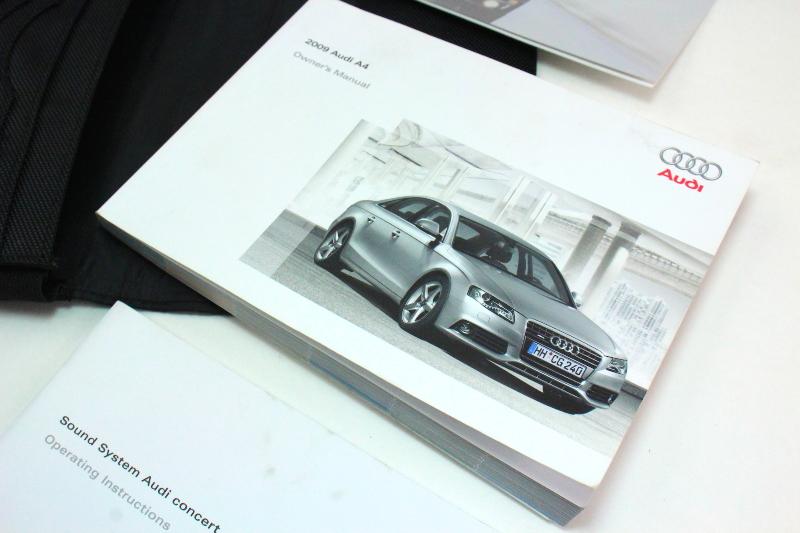
However, SUVs and vans have a higher capacity, and their manufacturers design them to reinforce their hardiness to every road condition you subject them to. Sedans and hatchbacks don’t have such desirable capabilities to hold weight. So, it’s always best to choose the former if you’re overweight.
On the other hand, modern cars usually have a higher permissible roof load than old cars. It always depends on the manufacturer of the vehicle. You should check carefully beforehand whether your car can withstand the additional roof load of a rooftop tent.
Check the Rooftop Tent’s Size
Being overweight doesn’t suggest that you can have a huge body. However, picking larger rooftop tents can be handy, giving you the luxury of enjoying space better. Especially so, they can be more practical if you’re tagging along with a few friends with whom you’ll have to share your tent. If your tent can handle the massive weight, you’re halfway there.
It should reassure comfort and a more enjoyable trip if it can comfortably accommodate all of you. Larger rooftop tents help distribute pressure from your weight throughout the entire tent structure, which prevents potential damage and early compromise on durability. Even so, it’s best to always pair such tents with cars or other vehicles that can handle the immense weight.
Try Your Rooftop Tent Before Buying
Sometimes, you need to give your tent a bit of confirmation before cashing in. if possible, you can take your car with you and “dry-fit” your rooftop tent and try it out. That should offer clues on how much stress the tent can handle and whether or not it can support your weight. Please keep in mind that some tents can promise quite the opposite of your expectations and have the propensity to handle every weight possible. It can only be a rude shock if your tent can hardly take sustained pressure from your weight, caving in sooner than you expect.
Ask Around for Recommendations
One last option, but not the least essential, is asking for recommendations from people who’ve used rooftop tents. Especially so, the information they offer can be more helpful if they’ve stashed some extra pounds as you in their bodies. That should provide you with more practical options, and it’s less likely that you could go wrong with your choice. Besides, that helps acquaint you with much, including the prices and the best premium rooftop tent seller.
Conclusion
Camping and hiking are fun, but the makeshift accommodation in tents elevates the experience. You’re bound to rest after a long day out with nature, but your safety and comfort should be assured. That makes rooftop tents ideal and a must-have for camping expeditions.
However, one question remains: can you use a rooftop tent if you’re overweight?
Yes, you can also use a rooftop tent if you are overweight! When buying a rooftop tent, you only have to make sure that it can withstand enough weight.
We, therefore, recommend that you buy a rooftop tent from a premium manufacturer. You should also choose a large rooftop tent as it offers you more space and is also designed to withstand high loads.
Since the ladders of the rooftop tent are made of high-strength aluminum, you don’t have to worry about the ladder.
Before you buy a new rooftop tent, you should also make sure that your vehicle can bear the load on the roof. You can find this in your vehicle’s user manual, for example, or you can find it on the vehicle manufacturer’s website.
We hope this article has cleared the doubt and has acquainted you better with using rooftop tents while overweight.
We wish you a lot of fun with your new roof tent and your upcoming camping adventures!


